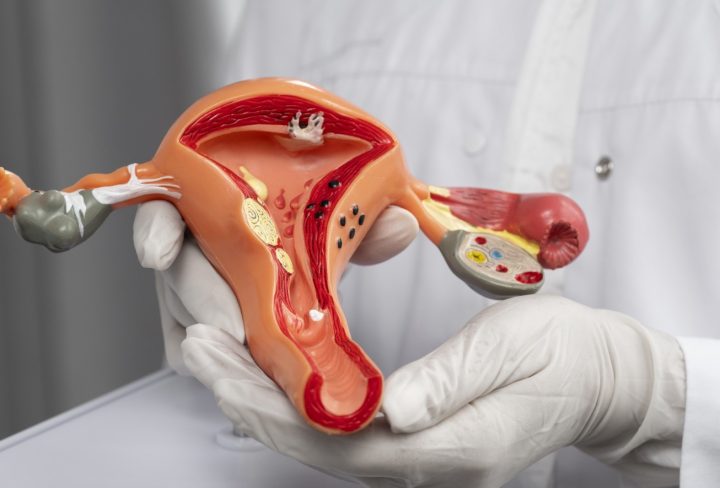Fallopian tube cancer, though less common, is a crucial topic deserving of attention. This blog seeks to provide insights into the causes, symptoms, and treatment options for this relatively rare yet significant gynecological cancer.
Demystifying Fallopian Tube Cancer: Fallopian tube cancer is a relatively uncommon but important form of gynecological cancer that begins within the fallopian tubes, connecting the ovaries to the uterus. Despite its rarity, comprehending this condition is essential for early detection and better outcomes.
Exploring Risk Factors and Causes: While the precise triggers for fallopian tube cancer are not fully known, several risk factors have been identified:
- Genetic Mutations: Inherited mutations, particularly in genes like BRCA1 and BRCA2, can increase vulnerability.
- Family History: A family history of ovarian or breast cancer can elevate the risk.
- Age Dynamics: The likelihood of developing fallopian tube cancer tends to rise with age, with most cases diagnosed after menopause.
Recognizing Common Symptoms: Fallopian tube cancer is notorious for presenting with non-specific symptoms that can mimic other gynecological issues. These common indicators include:
- Pelvic discomfort or pain
- Abdominal bloating or distension
- Changes in urinary habits
- Irregular vaginal bleeding or unusual discharge
- Early satiety during meals
It’s essential to note that these symptoms can overlap with various other health conditions. However, persistent symptoms should prompt a medical evaluation to rule out potential serious issues.
Diagnosis and Confirmatory Procedures: Given its rarity and subtle symptoms, diagnosing fallopian tube cancer can be challenging. Diagnostic processes may involve:
- Utilizing imaging techniques like CT scans and MRIs
- Performing biopsies for in-depth tissue analysis
- Monitoring tumor markers via blood tests, including CA-125
- Surgical intervention for definitive confirmation, often including an examination of the fallopian tubes.
Tailored Treatment Approaches: Effective management of fallopian tube cancer typically commences with surgical removal of cancerous tissue. Treatment decisions, including chemotherapy or radiation therapy, may be recommended based on the extent and stage of the cancer. Each patient’s treatment plan is customized to address their unique circumstances.
Fallopian tube cancer, though less common, merits our attention and awareness. By recognizing risk factors, understanding symptoms, and pursuing timely diagnosis and intervention, we can significantly improve the chances of positive outcomes. If you or someone you know experiences persistent pelvic or abdominal symptoms, seeking medical consultation is imperative. With knowledge and early action, we can navigate this less discussed but significant facet of gynecological health with greater confidence and hope.

